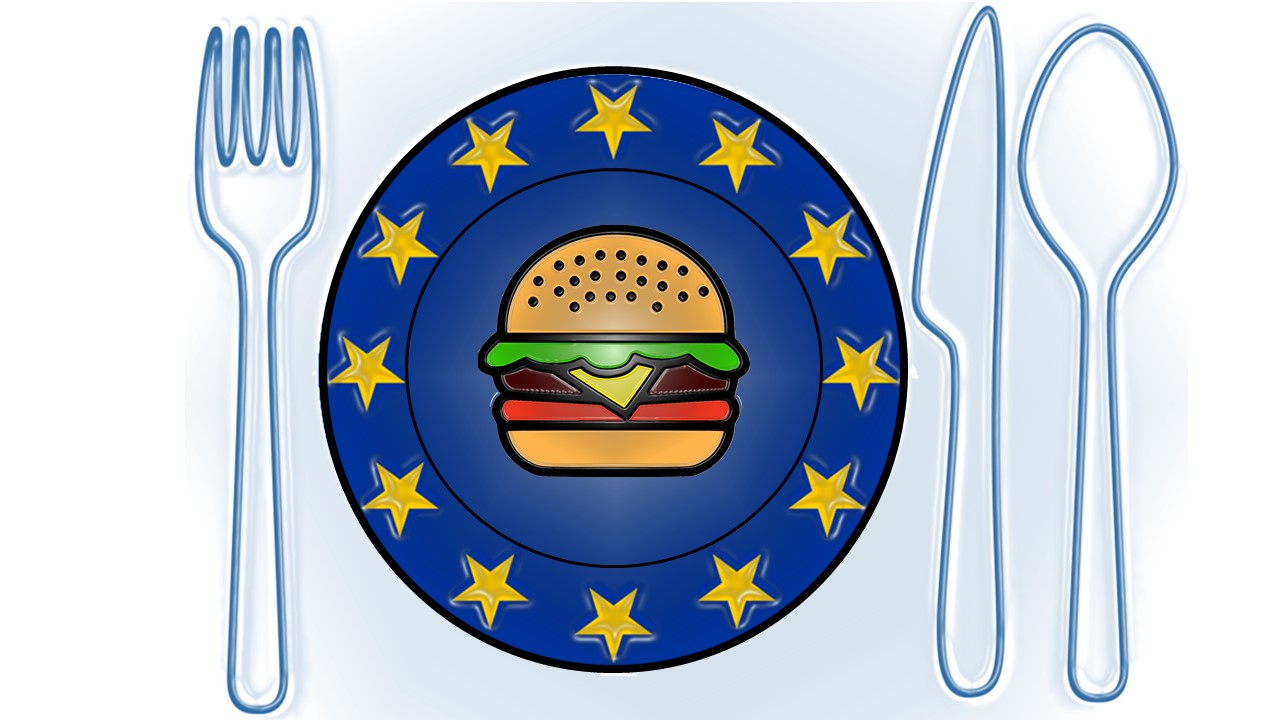The role of the EU in encouraging sustainable protein consumption: An agent-based approach
Samuel Timmers
The International Panel on Climate Change calls for significant reductions in greenhouse gas emissions to remain below 1.5˚C warming above pre-industrial levels. One of the most difficult to decarbonise sectors is the agricultural industry. The EU has set out to make food systems fair, healthy and environmentally-friendly through the Farm to Fork Strategy. This strategy, however, does not directly cover reducing demand for meat consumption, which is required to reduce over 50% by 2030 in the EU. This change requires significant shifts in consumption, which is governed in part by social norms. Social norms thus far are underutilised as policy lever. This thesis explored the social norms around meat consumption, and to what extent the EU can influence these norms, through an agent-based model. This model takes the Netherlands as case study, and breaks meat consumption into beef, pork, poultry, processed meat and meat substitutes to investigate how protein consumption changes. This research indicates that the EU should focus on improving the food landscape through a combination of fiscal policies through taxing all meat types, and utilise social-marketing campaigns.

